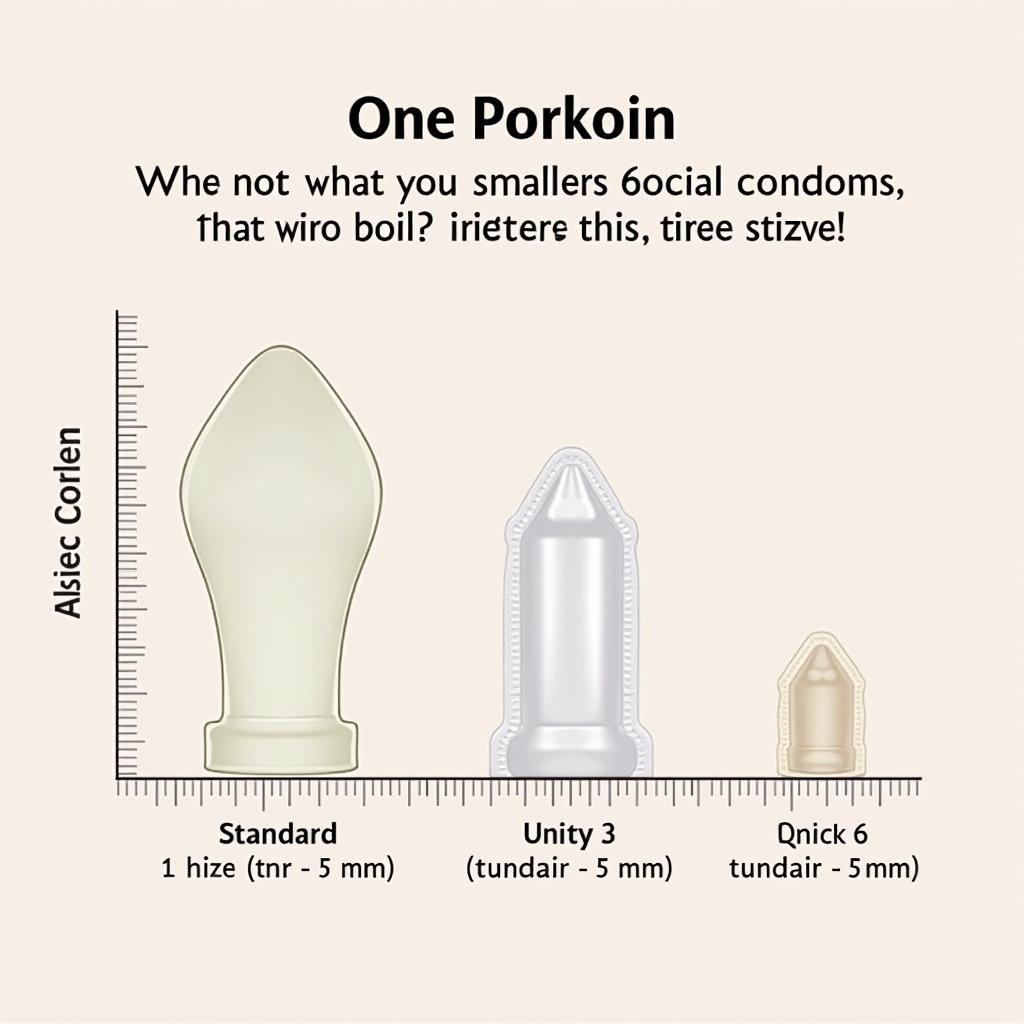My Braces Hurt So Bad I Want to Cry: Finding Relief and Comfort
- AmazoniaSilva
- Tháng 12 21, 2024
- Zodiac signs
- 0 Comments
My Braces Hurt So Bad I Want To Cry. This is a common refrain for those starting their orthodontic journey. While braces are incredibly effective at straightening teeth and improving your smile, the initial discomfort and subsequent adjustments can be challenging. This article will explore the reasons why braces hurt, offer practical tips for managing the pain, and provide reassurance that it gets better.
Why Do Braces Hurt?
Braces work by applying constant pressure to your teeth, gradually shifting them into the desired position. This pressure is what causes the pain. Your teeth are anchored in your jawbone by ligaments, and when braces apply force, these ligaments stretch and remodel, causing discomfort. The pain is usually most intense immediately after getting your braces tightened or after initial placement.
Common Pain Points with Braces
- Initial Placement: The first few days after getting braces are often the most uncomfortable. Your teeth and gums are adjusting to the new hardware, and you may experience soreness and tenderness.
- Tightening Adjustments: Every few weeks, your orthodontist will tighten your braces to continue moving your teeth. This adjustment period often brings a resurgence of pain that typically lasts for a few days.
- Poking Wires and Brackets: Sometimes, a wire can poke the inside of your cheek or lip, causing irritation and pain. Loose brackets can also be a source of discomfort.
- General Soreness: Even between adjustments, you may experience general soreness and tenderness in your teeth and gums. This is normal and usually manageable with over-the-counter pain relievers.
Managing Brace Pain: Effective Strategies
Dealing with brace pain doesn’t have to be a tearful experience. Here are some proven strategies to manage the discomfort:
- Over-the-Counter Pain Relief: Ibuprofen or acetaminophen can be very effective in reducing brace pain. Follow the recommended dosage instructions.
- Orthodontic Wax: This soft wax can be applied to brackets and wires that are irritating your cheeks or lips. It provides a protective barrier and reduces friction.
- Cold Compresses: Applying a cold compress to the outside of your cheek can help numb the area and reduce inflammation.
- Saltwater Rinses: Rinsing your mouth with warm saltwater can soothe irritated gums and promote healing.
- Soft Foods: Stick to soft foods like yogurt, soup, mashed potatoes, and smoothies, especially during the first few days after adjustments or initial placement.
- Avoid Hard and Sticky Foods: Hard candies, crunchy vegetables, and sticky foods like caramel can damage your braces and increase pain.
When to Contact Your Orthodontist
While some discomfort is normal with braces, certain situations warrant a call to your orthodontist:
- Severe Pain: If your pain is unbearable or doesn’t respond to over-the-counter pain relievers, contact your orthodontist immediately.
- Loose or Broken Brackets or Wires: If a bracket or wire becomes loose or broken, it can cause significant pain and damage. Contact your orthodontist for a repair appointment.
- Persistent Sores or Irritation: If you have persistent sores or irritation in your mouth that don’t heal, it’s important to have them checked by your orthodontist.
Long-Term Benefits Outweigh the Temporary Discomfort
Remember, the discomfort you experience with braces is temporary. The end result – a beautiful, healthy smile – is well worth the short-term challenges.
What to Expect: A Timeline for Brace Pain
- Days 1-3: Expect the most intense pain during this initial period.
- Days 4-7: The pain should gradually subside.
- Weeks 2-4: You may experience some mild soreness or tenderness.
- Adjustment Periods: Expect a resurgence of pain for a few days after each adjustment.
“The initial discomfort of braces is completely normal and manageable. Patients often adapt quickly, and the pain diminishes significantly within a week,” says Dr. Emily Carter, DMD, an experienced orthodontist. “Remember to focus on the long-term benefits – a straight, confident smile!”
Conclusion: Embrace the Journey to a Straighter Smile
“My braces hurt so bad I want to cry” – a sentiment many can relate to. While brace pain is a reality, it’s a manageable one. By utilizing the strategies outlined in this article and maintaining open communication with your orthodontist, you can navigate the journey to a straighter smile with greater comfort and confidence.
FAQ:
- How long does brace pain typically last?
- What can I eat with braces?
- How often do I need to get my braces tightened?
- Are there alternatives to traditional braces?
- Can I play sports with braces?
- How do I clean my teeth with braces?
- What happens after my braces are removed?
Common Scenarios and Questions
- Scenario: My braces are constantly catching on my cheek. What should I do? Answer: Apply orthodontic wax to the offending bracket or wire.
- Scenario: I just got my braces tightened and the pain is severe. What can I do? Answer: Take over-the-counter pain relievers like ibuprofen and use cold compresses.
- Scenario: A wire on my braces broke. What should I do? Answer: Contact your orthodontist immediately for a repair appointment.
Further Reading and Resources
- Braces Care Tips
- Choosing the Right Orthodontist
- Life with Braces: A Guide for Teens
Contact us at [email protected] or visit our office at Fifth Avenue, 34th Floor, New York, NY 10118, USA, if you need any support. Our customer service team is available 24/7.

